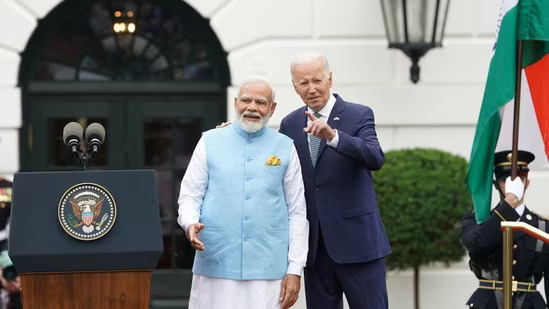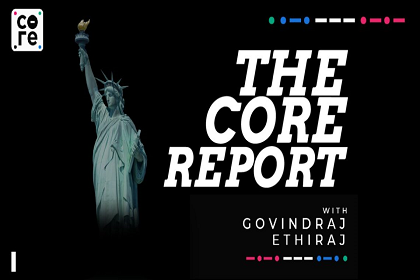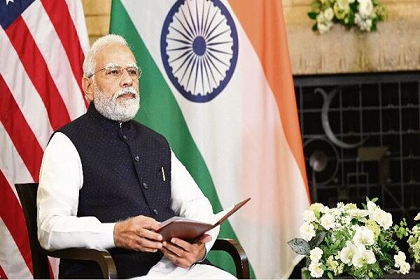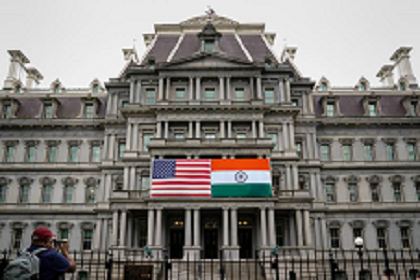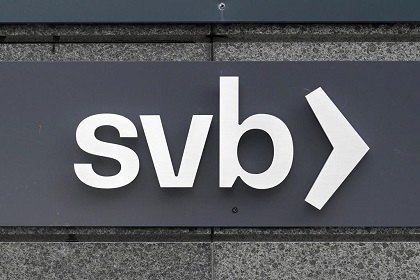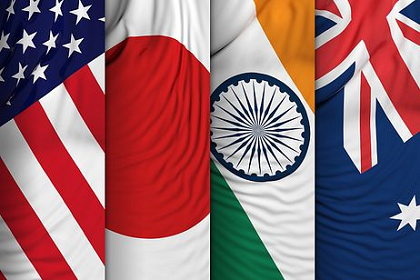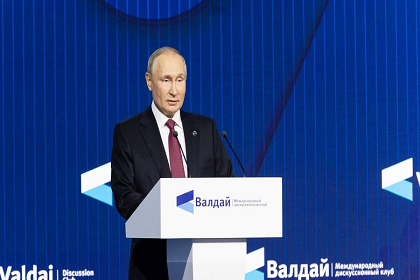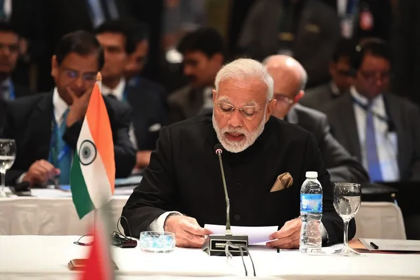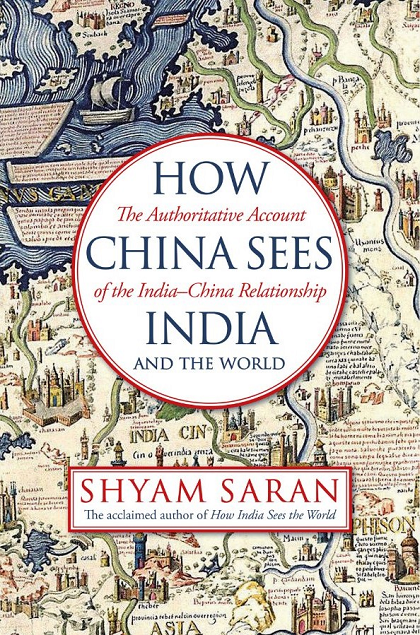Firing India-U.S. partnership on all engines
PM Modi’s State visit to the U.S. was marked by over a hundred agreements in emerging technologies, trade and investment. Manjeet Kripalani, Executive Director, Gateway House, spoke with Atul Keshap, President, U.S.-India Business Council, on the future of the India-US bilateral and thier multilateral relationships through the Initiative on Critical and Emerging Technologies (iCET) and the Quad.

